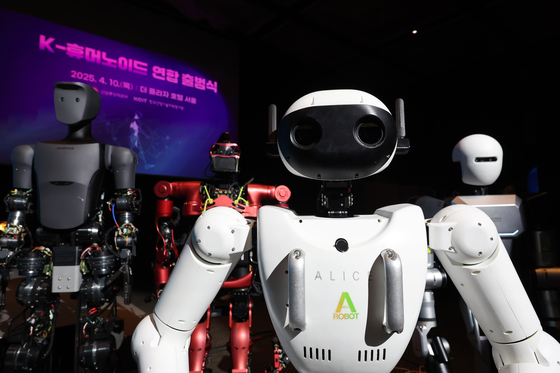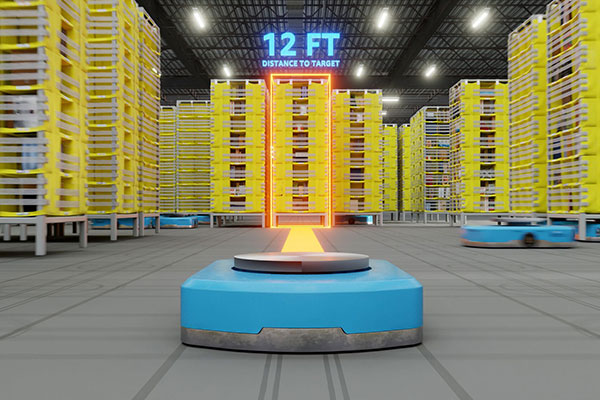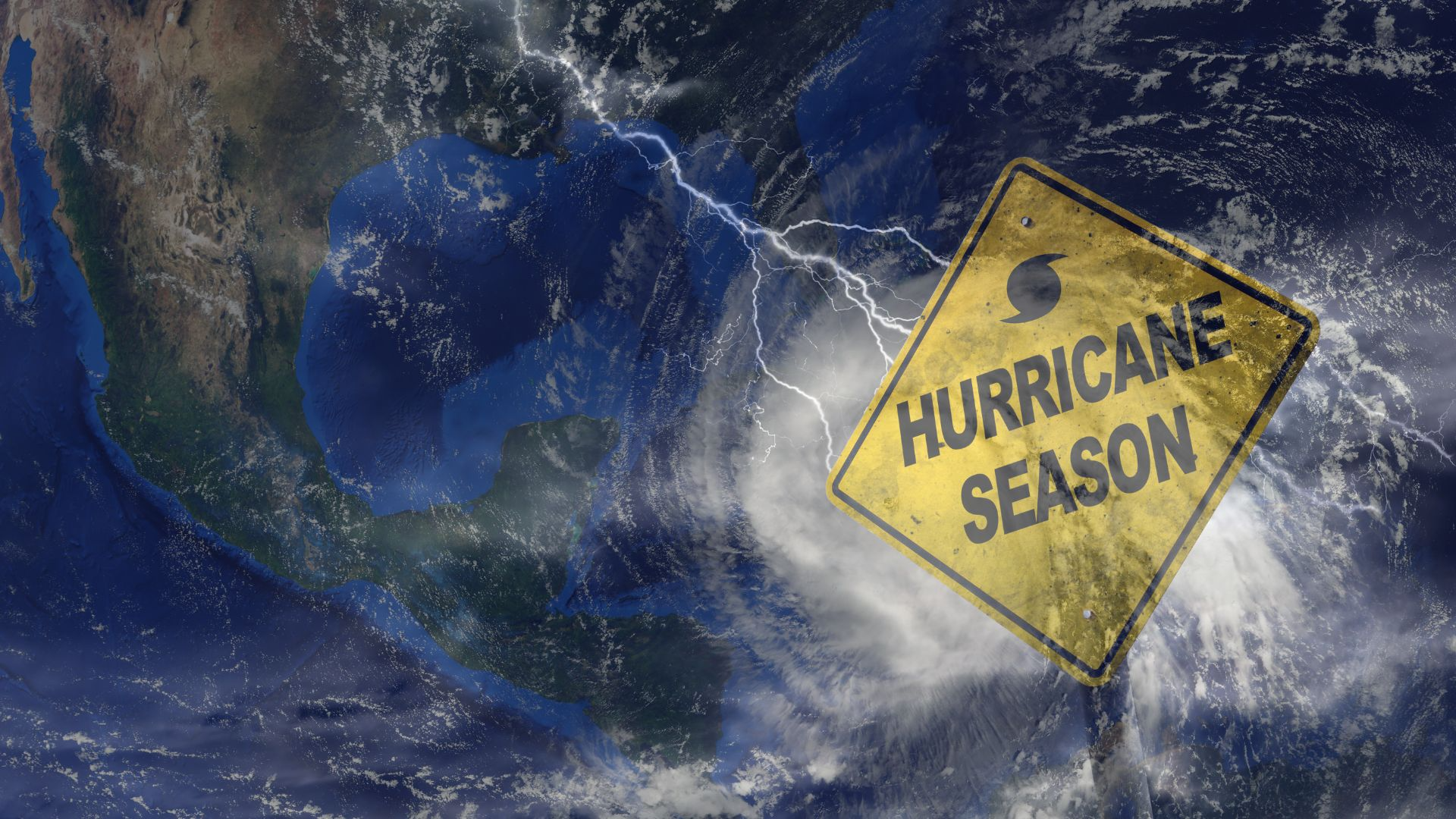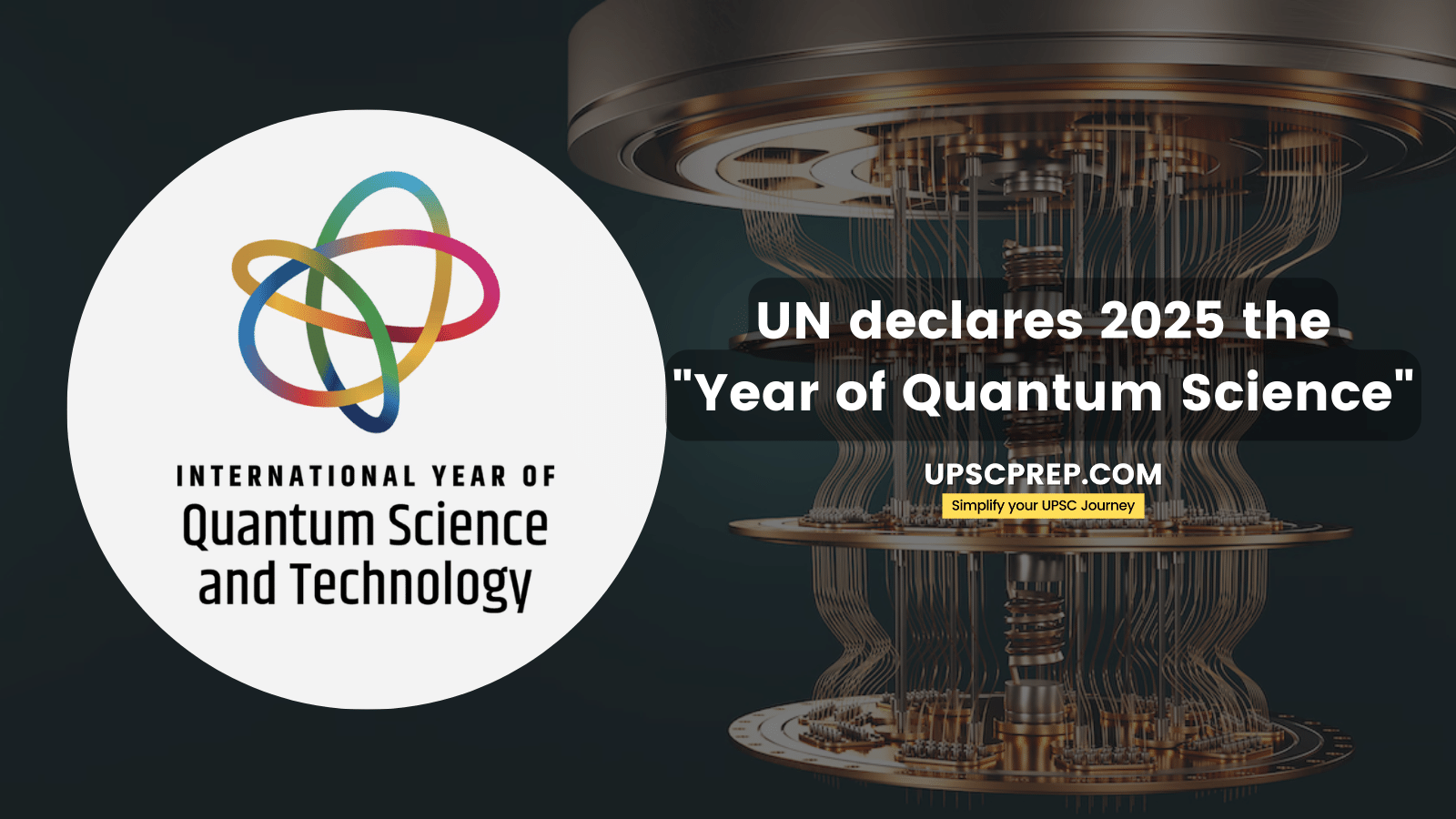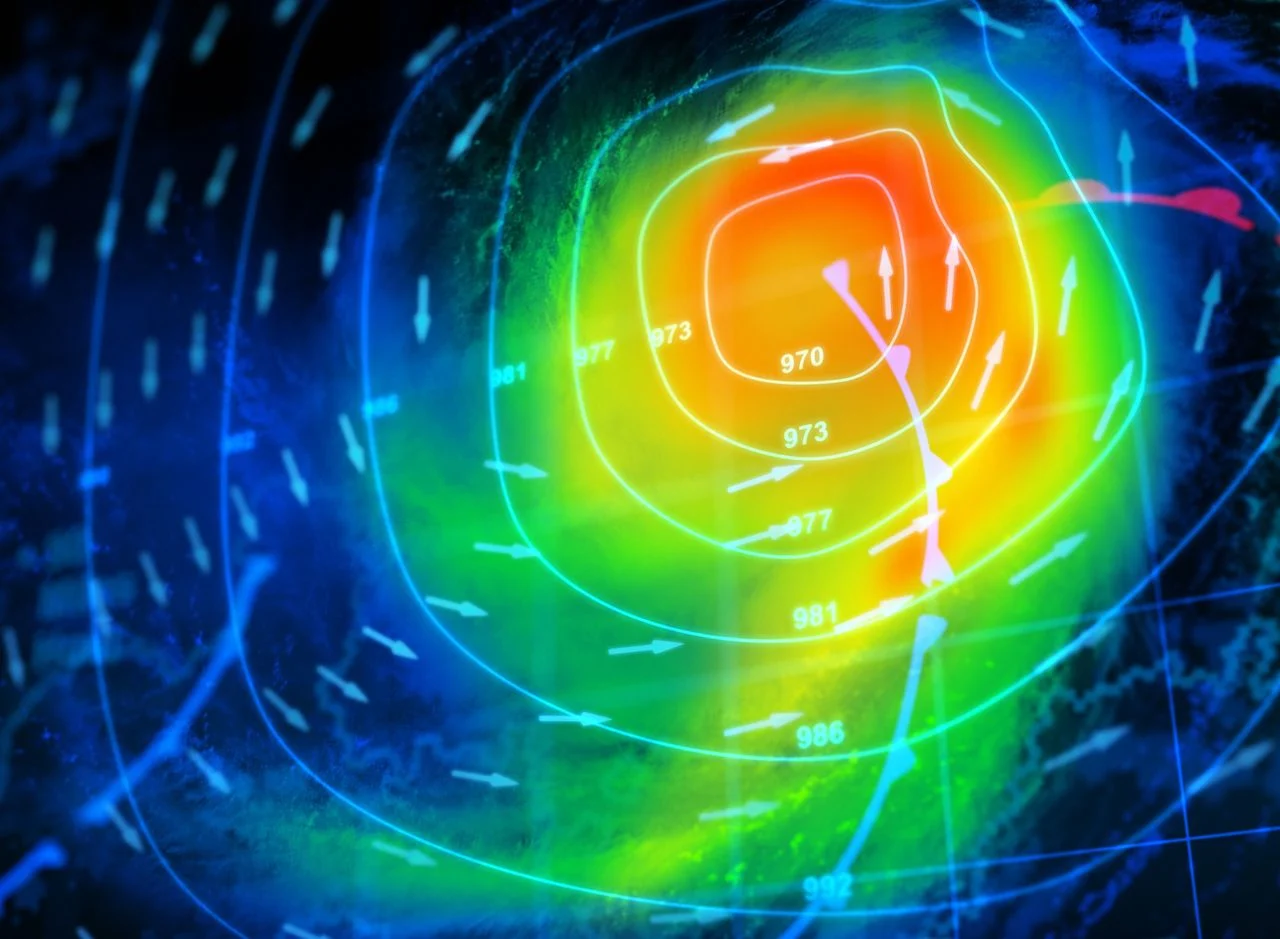
AI Weather Model ‘Aurora’ Launched A New Dawn in Climate Forecasting
In a landmark achievement for climate science and artificial intelligence, an international team of researchers has launched Aurora, a next generation AI weather modeling system designed to deliver faster, more precise, and longer range forecasts than any tool currently in use. Announced in July 2025, Aurora represents a significant leap in the application of machine learning to climate prediction, offering scientists and governments a powerful new resource in the fight against extreme weather and climate change. Developed through a collaboration between meteorological agencies, research universities, and leading tech firms, the Aurora system is now live and providing public forecasts across multiple continents.
Unlike traditional physics based weather models that rely on mathematical equations to simulate atmospheric behavior, Aurora is trained on decades of satellite imagery, sensor data, and historical weather records. Using advanced deep learning architectures similar to those behind large language models, Aurora analyzes massive datasets to detect complex weather patterns and generate highly detailed forecasts. According to the lead scientists behind the project, Aurora can produce accurate 10 day forecasts in under 10 minutes a task that would take supercomputers several hours to compute using conventional methods. In real world tests, it has outperformed legacy systems in predicting hurricanes, heatwaves, and rainfall anomalies by as much as 30%.
What makes Aurora exceptional is not just its speed and accuracy, but its flexibility. The model has been designed to operate at both global and hyperlocal scales. if predicting atmospheric rivers over the Pacific Ocean or simulating wind changes in a rural valley, Aurora dynamically adjusts its resolution and processing power to meet the need. The model is also self correcting it continually refines its forecasts as new data becomes available, allowing it to adapt in real time during rapidly evolving weather events. This ability is crucial in an era marked by climate volatility, where traditional models sometimes struggle to account for non linear interactions and unprecedented phenomena.
Developed with a strong emphasis on transparency and public access, Aurora is being positioned as a public good. The core forecasting engine and methodology have been published under an open license, and a web based Aurora interface is now live for public use. Meteorologists, farmers, city planners, emergency response teams, and climate researchers can all access customizable data layers for everything from temperature and humidity to wildfire risk and flood potential. A dedicated “climate insights” dashboard offers trend based visualizations and early warning systems tailored for specific industries, including agriculture, aviation, energy, and public health.
The launch of Aurora comes at a time when extreme weather events are growing in frequency, intensity, and unpredictability. From prolonged droughts in the Horn of Africa to sudden flooding in southern Europe and heat domes across North America, 2024 alone saw over 150 extreme weather events declared as emergencies globally. In this context, the ability to deliver reliable early warnings can save lives, reduce economic loss, and guide timely mitigation. By making weather forecasting significantly faster and more responsive, Aurora gives decision makers a critical advantage. “It’s not just a technological upgrade it’s a game changer for climate resilience,” said Dr. Emilia Rojas, the project’s scientific coordinator.
Behind the scenes, Aurora’s success also reflects a broader convergence of AI ethics and climate science. The team behind the model designed Aurora with data equity in mind incorporating meteorological data from underrepresented regions such as sub Saharan Africa, Southeast Asia, and the Arctic, which are often neglected in Western centric models. As part of its ethical charter, Aurora is not allowed to be used for military targeting or speculative financial trading, and its governance is overseen by a multidisciplinary board of climate scientists, ethicists, and data policy experts. In addition, a special community engagement team has been deployed to help train local agencies in using the platform, particularly in vulnerable regions.
Looking ahead, Aurora’s roadmap includes integration with global climate modeling systems, allowing it to simulate long term climate trends in addition to daily and weekly weather forecasts. Developers are also exploring real time integration with satellite constellations and IoT devices enabling Aurora to adjust predictions based on live readings from drones, ocean buoys, and even smartphones. The ultimate goal, say the architects of Aurora, is to create a global weather and climate intelligence network that is decentralized, democratized, and deeply responsive to a planet in flux. In the meantime, Aurora is already lighting the way toward a more informed, prepared, and climate smart world.
Conclusion
With its launch, Aurora stands as a powerful symbol of what’s possible when artificial intelligence is aligned with scientific integrity and public interest. In a world where climate related risks are intensifying by the day, timely and accurate forecasts are no longer a luxury they’re a necessity. Aurora promises not just better data, but a better future, where societies large and small can anticipate, prepare for, and adapt to the shifting forces of nature. If successful, this AI model won’t just predict storms it could help prevent disasters.
Related Post
Popular News
Subscribe To Our Newsletter
No spam, notifications only about new products, updates.


